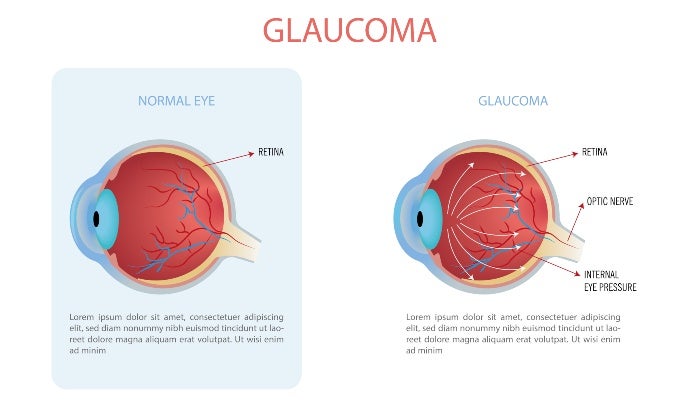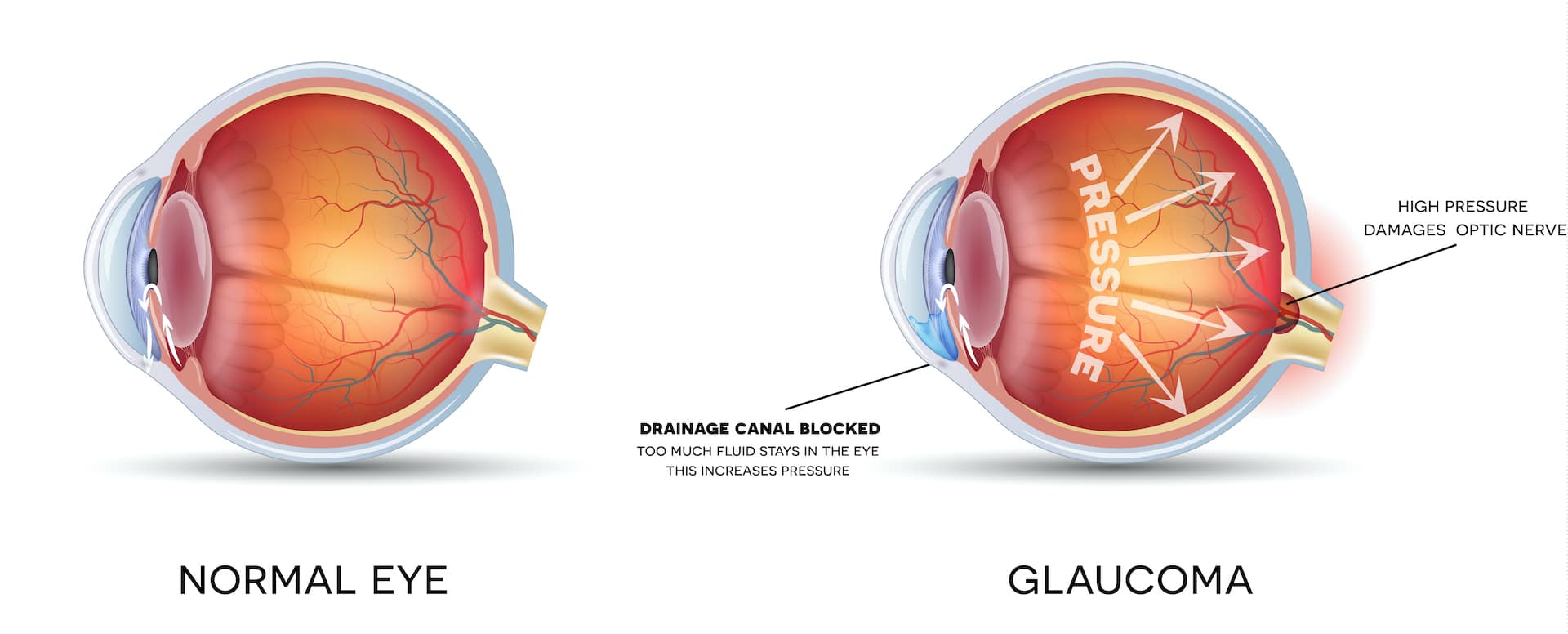Advanced Refractive Surgeries in AL: Clear Sight Without Glasses
Advanced Refractive Surgeries in AL: Clear Sight Without Glasses
Blog Article
Comprehending the Different Vision Correction Procedures Available for Clearer Sight
In the world of vision modification procedures, a plethora of alternatives exist to deal with refractive errors and supply people with clearer sight. From the extensively identified LASIK surgical procedure to less intrusive treatments like PRK and implantable lenses, the area of ophthalmology provides a range of methods tailored to suit various requirements and choices. Each treatment features its own set of factors to consider, benefits, and prospective dangers. Understanding the nuances of these vision correction approaches is important for making educated decisions about one's aesthetic health and wellness. Let's explore the complexities of these treatments and clarified the course to accomplishing boosted vision clarity.
LASIK Surgical Procedure
LASIK surgical procedure is a typical refractive procedure used to deal with vision issues such as astigmatism, farsightedness, and nearsightedness - eyecare near me. This medical technique, which stands for Laser-Assisted in Situ Keratomileusis, aims to reshape the cornea to enhance how light is concentrated on the retina, inevitably enhancing vision clearness. During the treatment, a thin flap is created on the cornea, and a laser is used to eliminate accurate amounts of cells to reshape it properly. This improving enables for light to be properly concentrated onto the retina, remedying refractive mistakes.
One of the main benefits of LASIK surgical procedure is the rapid renovation in vision experienced by clients. Numerous people notice a substantial improvement in their sight right away after the procedure. Additionally, many clients report marginal discomfort and discomfort during the surgical procedure and recuperation period. The recovery time for LASIK is fairly quick, with numerous individuals returning to their everyday tasks within a day or 2 post-operation. On the whole, LASIK surgical treatment is a popular choice for people seeking a long-term option for their vision problems.
PRK Procedure
While likewise a typical refractive treatment, the PRK (Photorefractive Keratectomy) technique varies from LASIK surgery in its approach to dealing with vision problems. In PRK, rather than producing a flap on the cornea, the outer layer of the cornea, called the epithelium, is completely eliminated. This enables the laser to improve the cornea to deal with refractive errors such as nearsightedness, farsightedness, and astigmatism directly on the surface area.

Despite the longer recuperation time, PRK can yield excellent cause vision improvement, making it an important option for those who may not appropriate prospects for LASIK surgery.
Implantable Lenses
As opposed to PRK where the cornea is improved directly, implantable lenses supply an additional technique for fixing vision by inserting man-made lenses inside the eye. This treatment is specifically useful for individuals with high degrees of nearsightedness, farsightedness, or astigmatism who might not appropriate candidates for laser surgical treatments like LASIK or PRK.
Implantable lenses, also recognized as phakic intraocular lenses, job by supplementing the eye's all-natural lens with an artificial one. eyecare near me. These lenses can be positioned in front of the all-natural lens (anterior chamber) or behind the iris and before the all-natural lens (posterior chamber) By readjusting the power and positioning of these lenses, eye doctors can effectively correct refractive errors and improve aesthetic acuity
One advantage of implantable lenses is that they are detachable and exchangeable, supplying versatility for future modifications. As with any medical treatment, there are risks involved, such as infection or cataract formation. Individuals taking into consideration implantable lenses need to seek advice from an eye treatment specialist to establish one of the most ideal alternative based upon their individual demands and eye health.
Corneal Rings
Corneal rings, also known as intracorneal ring sectors, are small, clear gadgets put right into the cornea to correct vision distortions such as keratoconus. Keratoconus is a problem where the cornea thins and bulges outside, triggering vision to come to be distorted. The insertion of corneal rings assists to flatten the cornea, more information enhancing visual skill and decreasing the uneven astigmatism created by keratoconus.
The procedure for placing corneal rings is minimally intrusive and reasonably fast, usually done as an outpatient procedure. During the surgical treatment, the eye doctor makes a tiny cut in the cornea and inserts the rings at a particular depth. As soon as in position, the rings help to improve the cornea, providing a smoother surface area for light to get in the eye, which can lead to more clear vision.
Corneal rings are thought about a relatively easy to fix treatment, as they can be removed or changed if essential. eyecare near me. While they may not completely remove the requirement for glasses or call lenses, corneal rings can considerably enhance vision top quality and overall aesthetic convenience for people with keratoconus or various other corneal irregularities
Refractive Lens Exchange
Complying with the adjustment of corneal irregularities with procedures like corneal rings, another vision correction strategy that can deal with refractive errors is Refractive Lens Exchange (RLE) RLE is a have a peek at this website procedure that involves replacing the eye's natural lens with a fabricated intraocular lens (IOL) to remedy refractive mistakes such as farsightedness, nearsightedness, and presbyopia. This treatment is especially useful for individuals who might not be ideal candidates for treatments like LASIK or PRK because of elements such as slim corneas or high refractive mistakes.

Conclusion
In verdict, there are numerous vision improvement treatments offered to help people attain more clear sight. LASIK surgery, PRK treatment, implantable lenses, corneal rings, and refractive lens exchange are all options that can resolve different vision problems.
In the realm of vision correction procedures, a wide variety of options exist to attend to refractive errors and provide people with clearer sight.LASIK surgical procedure is a typical refractive treatment utilized to fix vision problems such as nearsightedness, astigmatism, and farsightedness.While likewise an usual refractive treatment, the PRK (Photorefractive Keratectomy) strategy differs from read this post here LASIK surgical treatment in its method to fixing vision problems.Following the improvement of corneal abnormalities with treatments like corneal rings, one more vision adjustment method that can deal with refractive errors is Refractive Lens Exchange (RLE) LASIK surgical treatment, PRK procedure, implantable lenses, corneal rings, and refractive lens exchange are all options that can deal with different vision problems.
Report this page